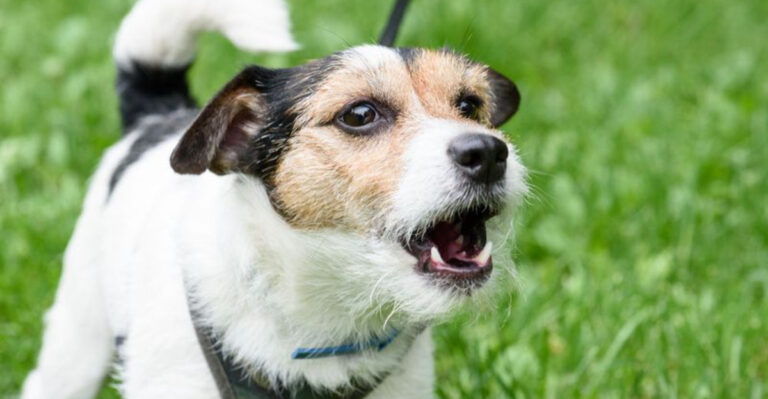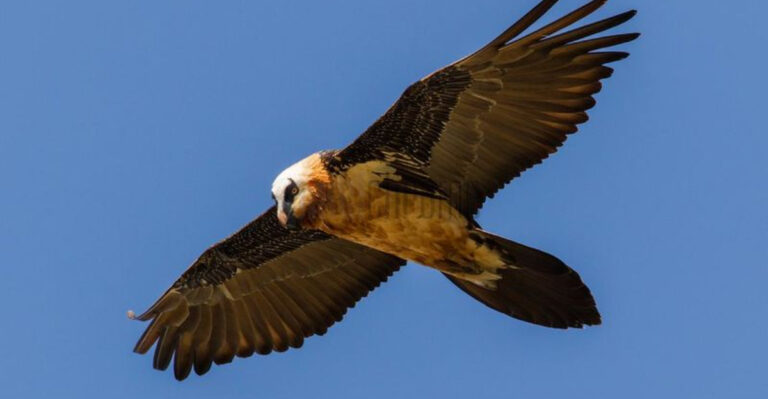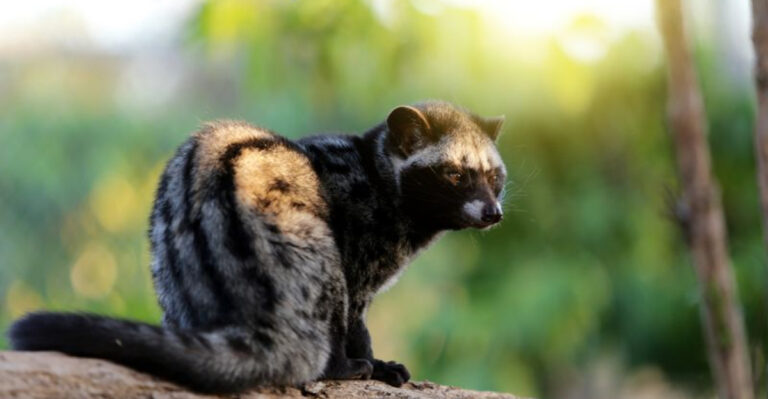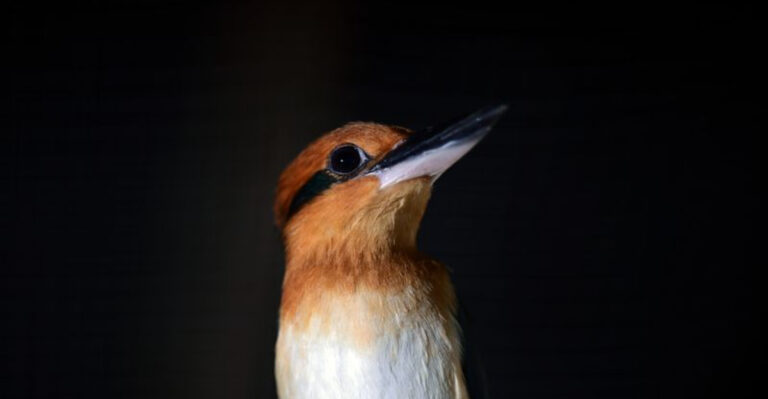13 Reasons Why Horses Need Wide-Open Spaces To Thrive
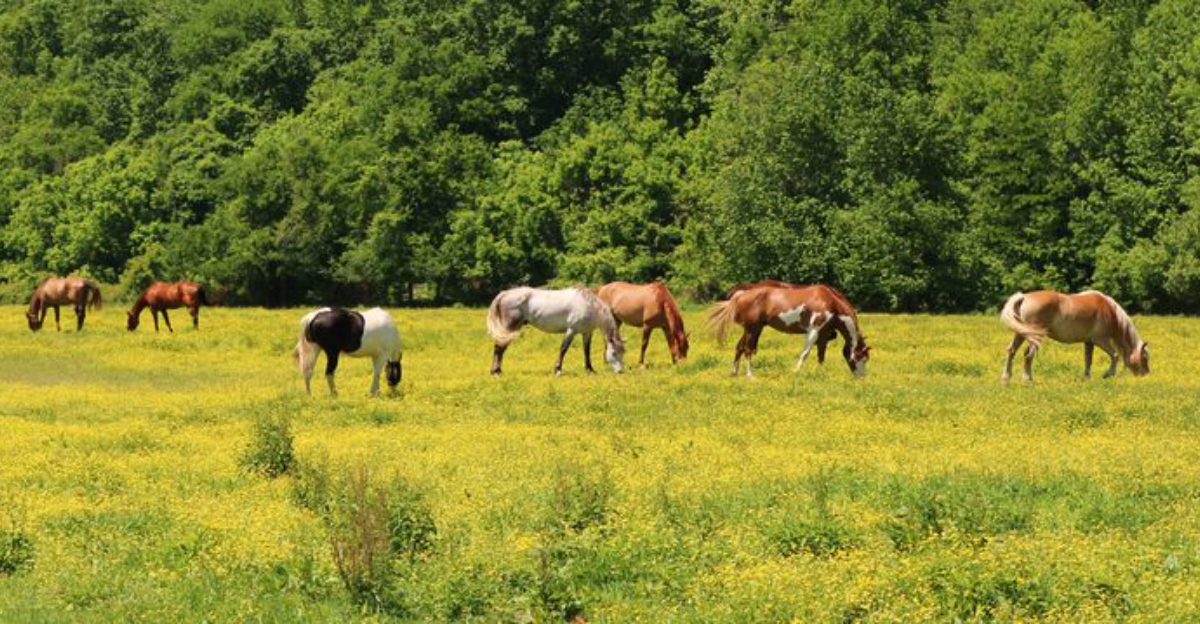
Ever wondered why horses look so free and majestic when they gallop across open fields? It’s not just for show.
These magnificent creatures need wide-open spaces to truly thrive. From mental wellness to physical health, each aspect of their lives is enhanced by the freedom vast landscapes provide.
1. Freedom To Run
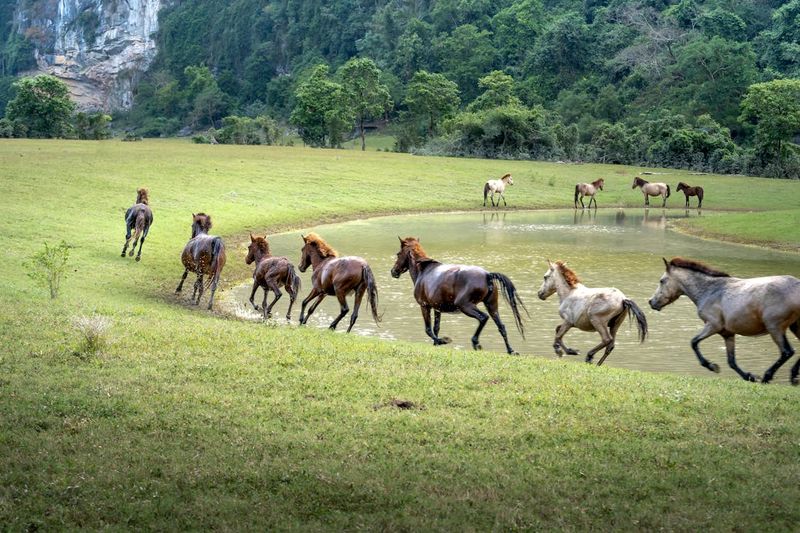
With legs built for speed and endurance, horses live for the rush of a gallop. In expansive fields, they can unleash their full potential, stretching muscles and building strength.
Running isn’t just exercise; it’s a mental release, too. It allows them to shake off anxiety and connect with their natural instincts.
Wide spaces give them the freedom to sprint, play, and simply be horses, nurturing their overall well-being.
2. Natural Grazing Behavior
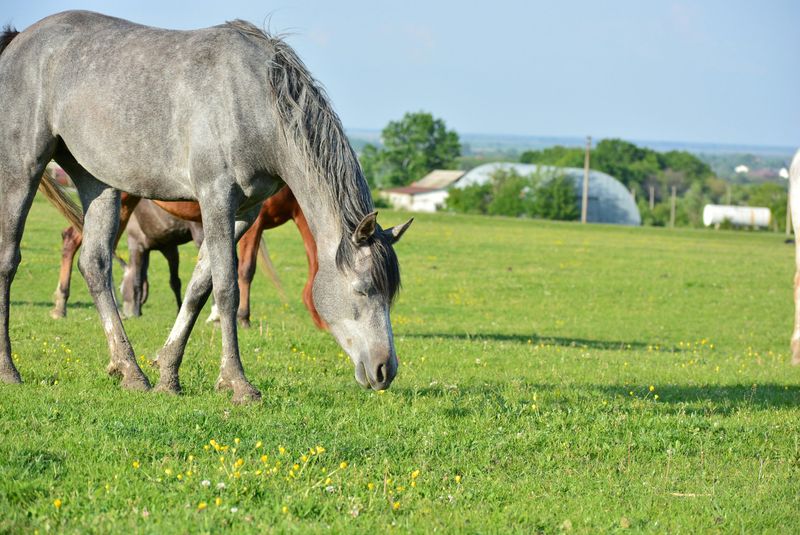
Horses are born grazers, nibbling on grasses throughout the day. An open space lets them wander and graze naturally, promoting their digestive health.
Constant movement while grazing prevents boredom and ensures a balanced diet.
The freedom to roam across a pasture mimics their wild ancestors’ lifestyle, offering nutritional variety and mental stimulation that’s vital for their happiness and health.
3. Better Health And Exercise
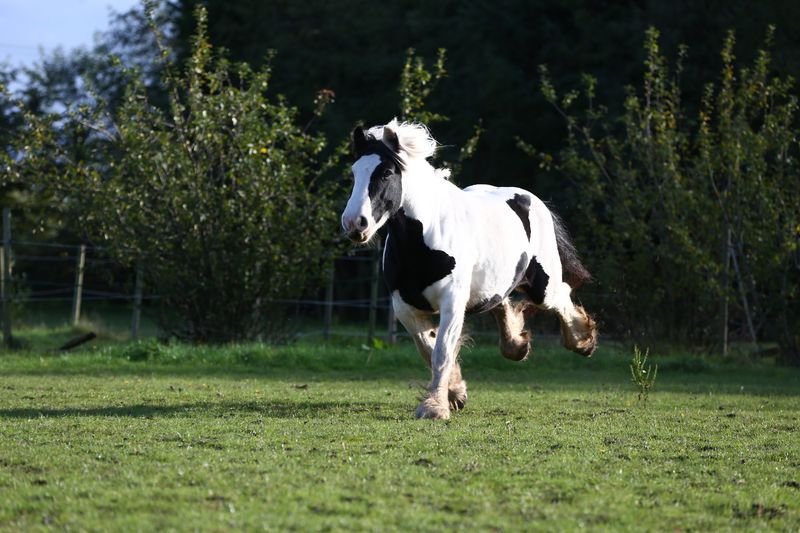
Exercise is crucial for horses, and wide-open spaces provide the perfect setting. As they walk, trot, and canter, their cardiovascular health improves. Every movement strengthens muscles and keeps joints flexible.
In vast areas, they can self-regulate their activity levels, choosing when to rest and when to move. This autonomy in exercise leads to healthier, happier horses.
4. Reduced Stress
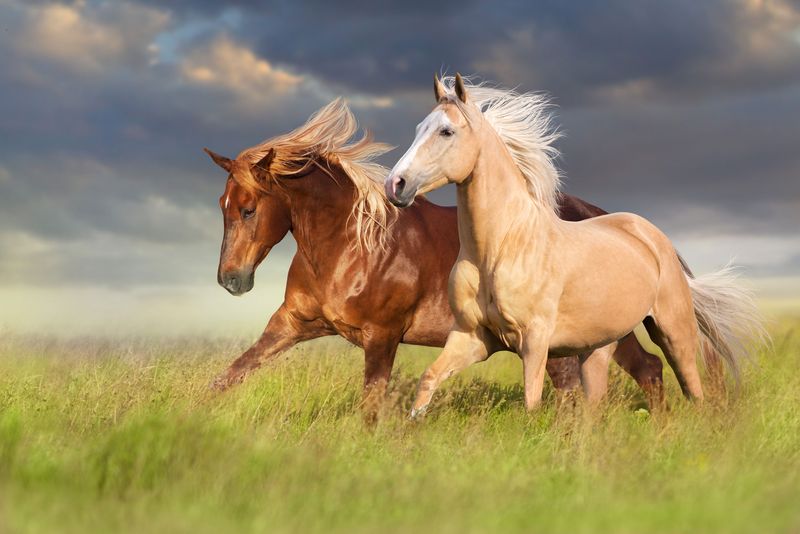
As prey animals, horses are naturally wary. Large fields offer them the vantage points needed to feel secure.
Being able to spot potential threats from afar reduces stress and anxiety, fostering a sense of peace.
In smaller spaces, they might feel trapped. But in expansive areas, they can relax and just enjoy the day, knowing they have room to escape if needed.
5. Socialization
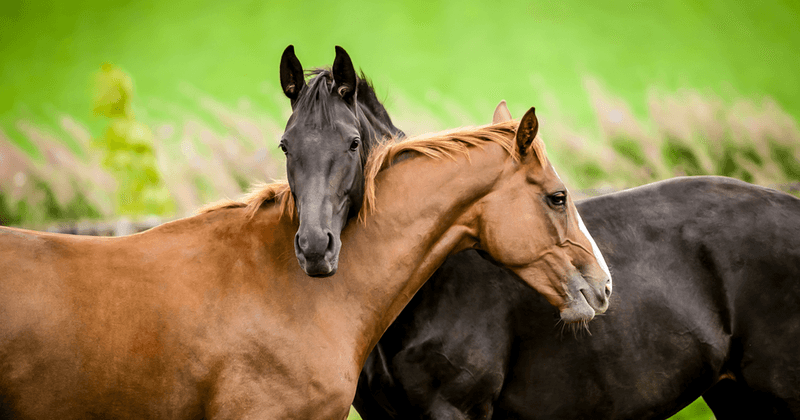
Horses are social creatures that thrive in groups. Open spaces allow them to engage in play and establish a hierarchy.
They communicate through body language, and having room to move lets these signals be clear and effective.
In a herd, they form friendships, learn from each other, and develop essential social skills that strengthen the herd’s unity and individual happiness.
6. Freedom From Confinement
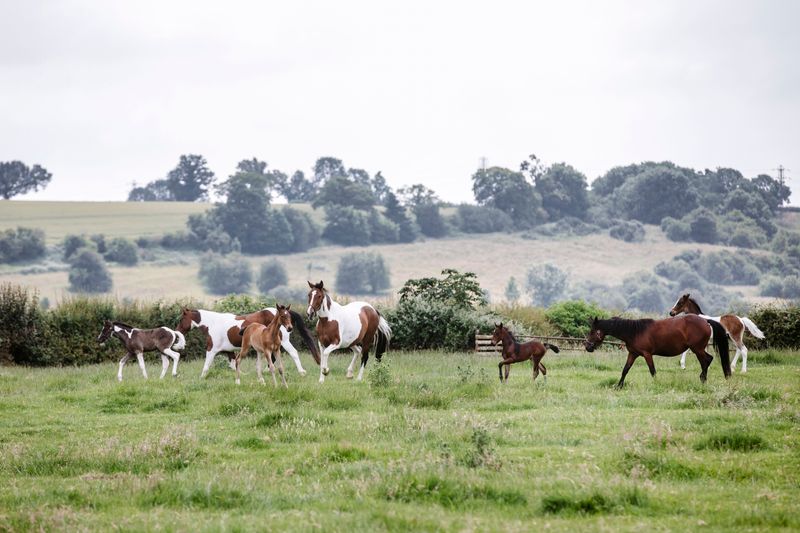
Confined spaces can lead to frustration and anxiety in horses. They might develop harmful habits like cribbing or weaving.
In wide-open areas, they feel less constrained, which promotes mental well-being.
Freedom from walls and barriers allows their true nature to shine, reducing the likelihood of behavioral issues and fostering a calm, contented spirit.
7. Space For Proper Rest
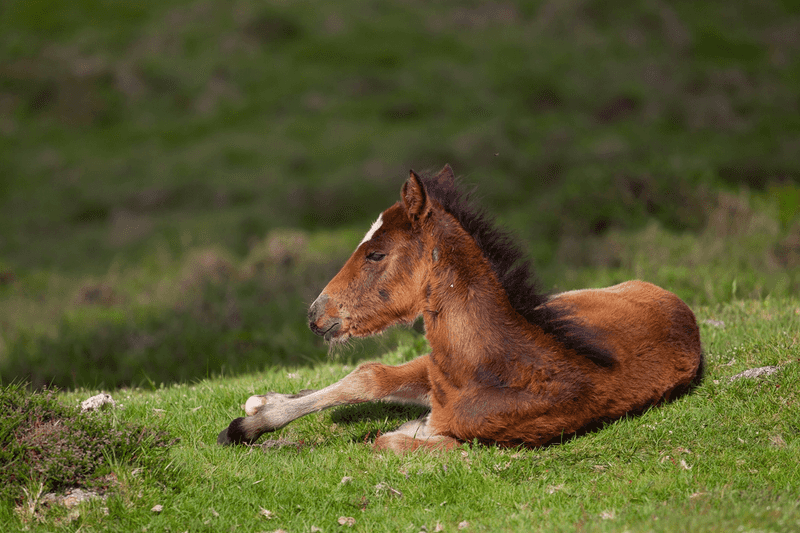
Just like us, horses need a good night’s rest. Open fields provide them with quiet, undisturbed spaces to lie down and recharge.
Spacious environments mean they can choose their perfect spot to rest, away from noise and disruptions.
This ability to relax fully ensures they wake up refreshed, ready to face another day of activity and social interaction.
8. Exposure To Natural Elements
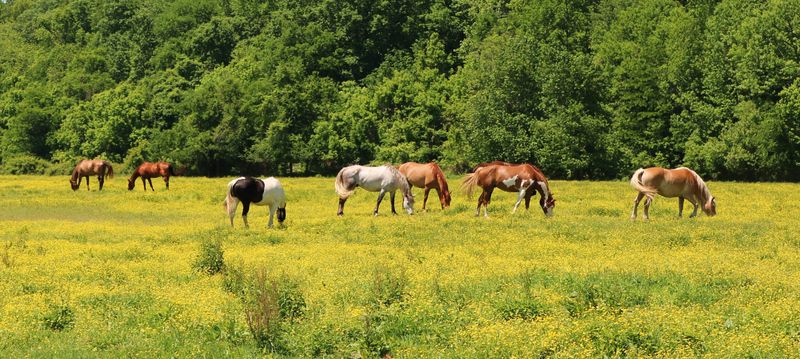
Being in the open exposes horses to nature’s elements. Sun, wind, and rain all play roles in building resilience.
Such exposure helps them adapt to changing weather conditions, strengthening their immune systems.
These elements also contribute to their mental stimulation, making them more robust and adaptable creatures, ready to handle whatever nature throws their way.
9. Better Hoof Health
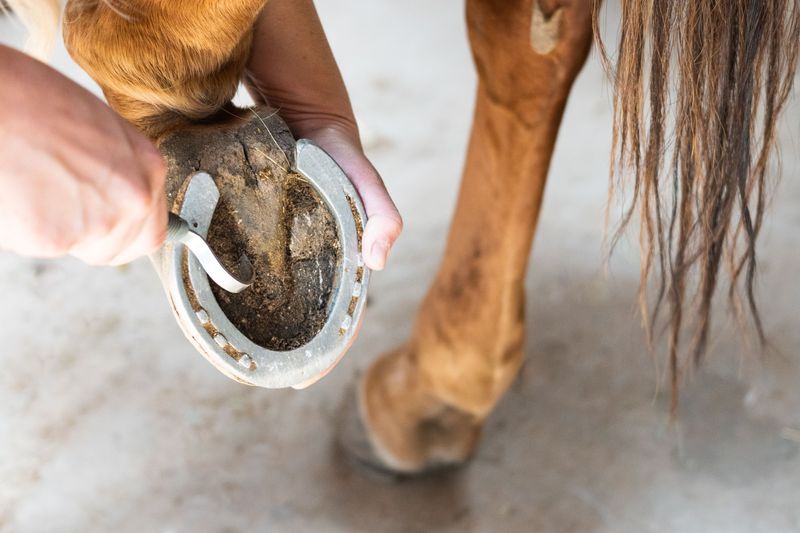
Movement is key to healthy hooves. In wide-open areas, horses naturally wear down their hooves as they roam.
This natural trimming reduces the need for constant human intervention.
Healthier hooves support overall mobility and reduce the risk of injury. In turn, this promotes a lifetime of healthy living for our equine companions.
10. Preventing Boredom
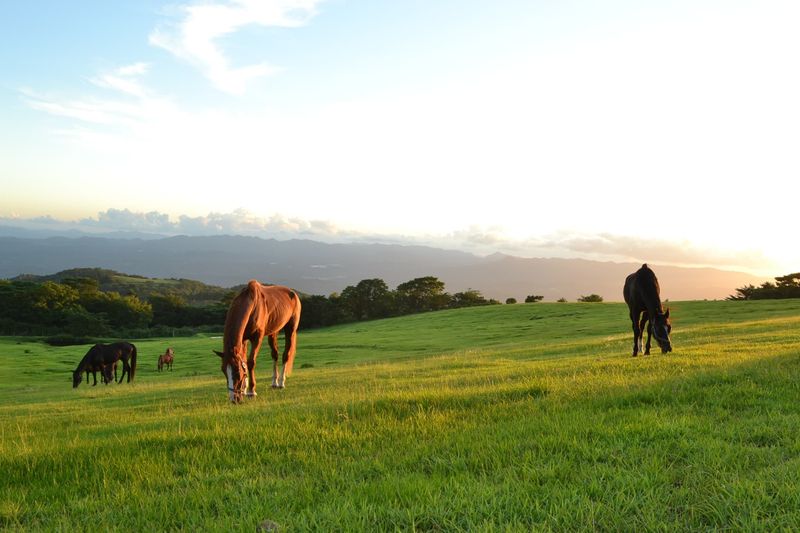
Boredom can lead to destructive behaviors in horses. Open spaces offer endless opportunities for exploration and play.
They can investigate new areas, find different plants, and engage with their surroundings.
This constant mental challenge keeps their minds sharp and spirits high, making for a more content and well-adjusted horse.
11. Improved Communication With Other Horses
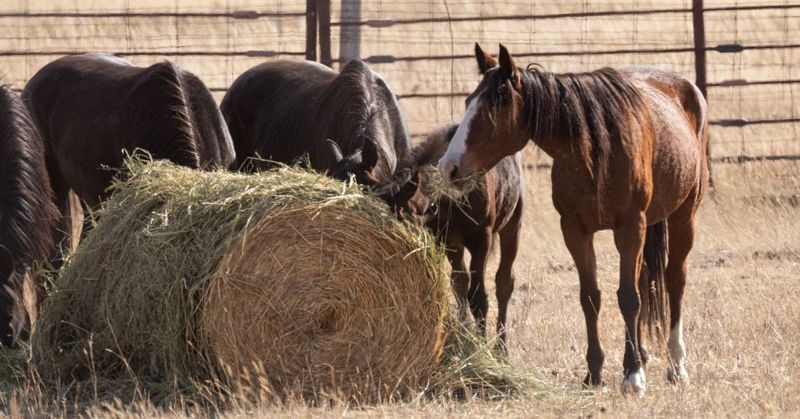
Space is crucial for clear communication among horses. They use body language extensively, which requires room to express.
The ability to move freely allows for effective interaction, reducing misunderstandings and potential conflicts.
This spacious environment nurtures stronger bonds and deeper trust among herd members, enhancing their social well-being.
12. Safety From Predators
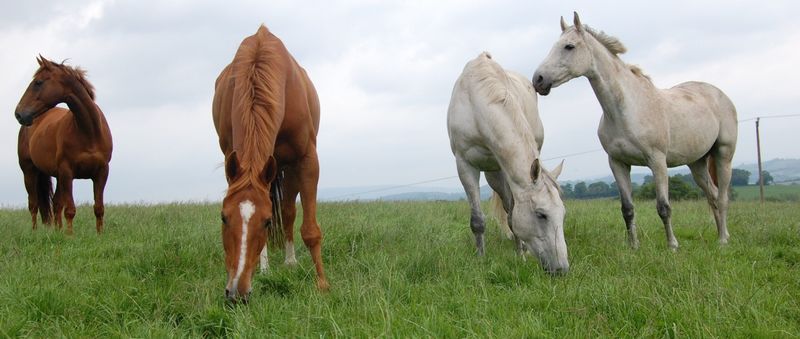
Large fields offer a clear vantage point for horses to spot predators early. This sense of awareness keeps them safe, as they have ample time to react.
In smaller spaces, they may feel cornered, but open landscapes give them the assurance of escape routes.
Feeling secure in their environment leads to more relaxed, happier horses, free to enjoy their surroundings.
13. Room For Play
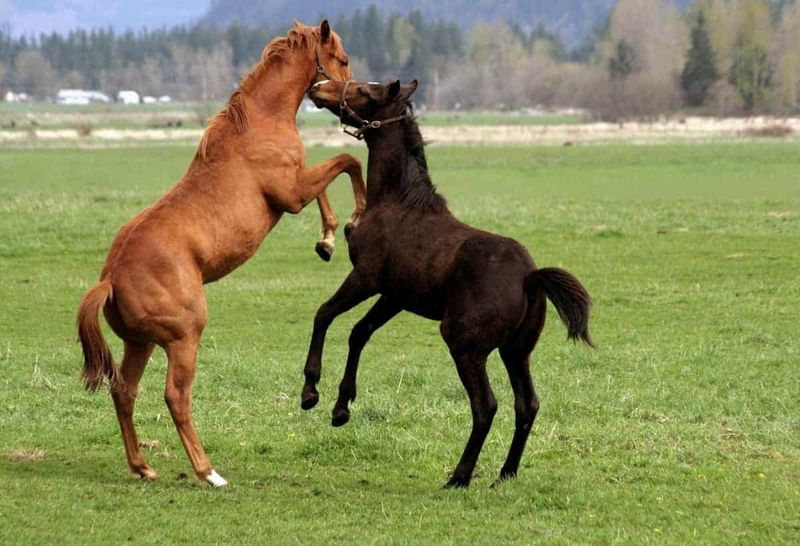
Play is vital for young horses’ development. In wide-open spaces, they can run, jump, and engage in playful antics.
These activities build physical strength and coordination, while also fostering social bonds.
For older horses, these playful moments are a form of exercise, keeping them young at heart and promoting a joyous, lively spirit.

